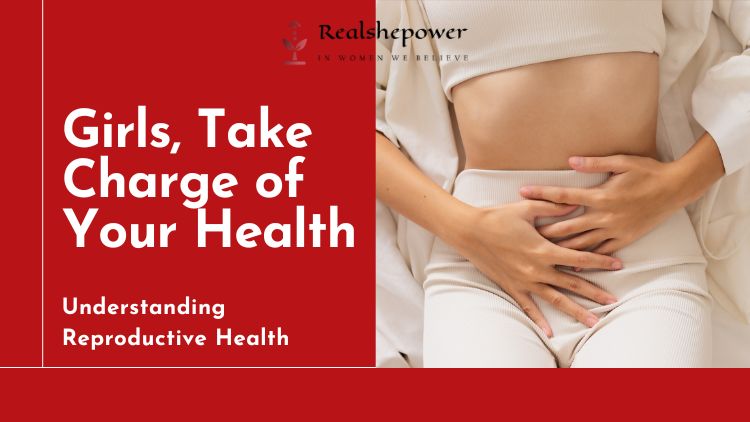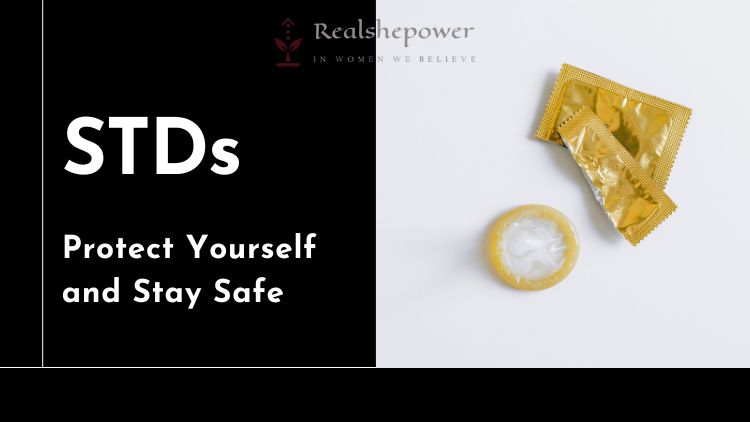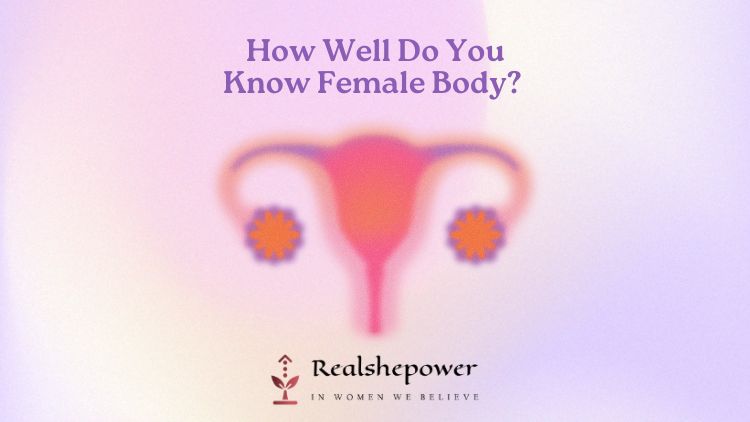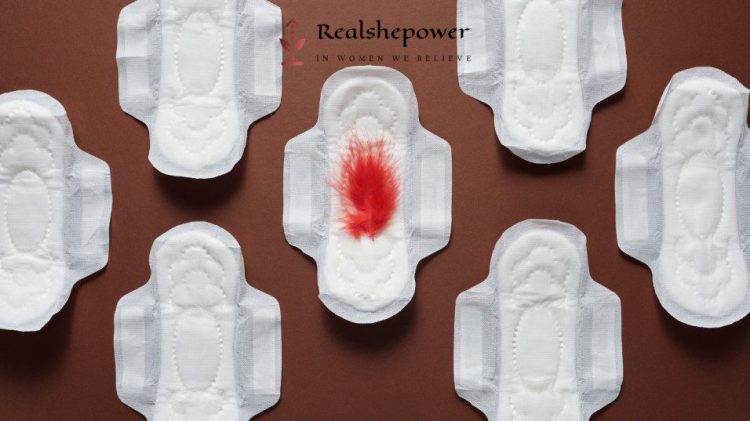Knowledge is Power: Understanding Reproductive Health for Empowered Teen Girls


As a teenage girl, you are going through many changes in your life, both physical and emotional. It can be overwhelming to navigate all of these changes, especially when it comes to your reproductive health. You may have questions about birth control, sexually transmitted diseases (STDs), and other issues related to your body. It is essential to understand that your body is yours, and you have the right to make informed decisions about your health.
Table of Contents
Understanding Reproductive Health
Reproductive health is the state of your sexual and reproductive well-being. It includes everything from your menstrual cycle to your ability to have children. As a teenage girl, it is important to understand your reproductive health and take care of your body. Here are some essential things to keep in mind:
- Menstruation: Menstruation is a natural process that happens to most girls once they reach puberty. It is the shedding of the lining of your uterus, and it usually lasts for three to seven days. It is important to keep track of your menstrual cycle, so you know when to expect your period and can plan accordingly.
- Birth Control: Birth control is a way to prevent pregnancy. There are many different types of birth control available, including condoms, the pill, the patch, the ring, and more. It is important to talk to your doctor about which type of birth control is right for you.
- STDs: STDs are infections that are spread through sexual contact. They can cause serious health problems if left untreated. It is important to use protection, such as condoms, to prevent the spread of STDs.
Read: Everything You Need to Know About STDs: Protecting Yourself and Staying Safe

Taking Control of Your Body
As a teenage girl, you have the right to make decisions about your body. This is called autonomy. Autonomy means that you have the power to make choices about your health and your life. Here are some ways you can take control of your body:
- Talk to your doctor: Your doctor is a valuable resource when it comes to your reproductive health. They can answer any questions you may have and help you make informed decisions.
- Educate yourself: There is a lot of information available about reproductive health. It is important to educate yourself so you can make informed decisions about your body.
- Use protection: Using protection, such as condoms, can help prevent STDs and unwanted pregnancies.
Answering Your Questions
As a teenage girl, you may have many questions about your reproductive health. Here are some common questions and their answers:
Q: How do I know when to expect my period?
A: Your menstrual cycle usually lasts for 28 days, but it can vary from person to person. Keeping track of your period on a calendar can help you know when to expect it.
Q: What are some common symptoms of STDs?
A: Some common symptoms of STDs include unusual discharge, itching or burning during urination, pain during sex, and sores or bumps around the genital area. However, some STDs may not have any symptoms at all, which is why it’s important to get tested regularly.
Q: What should I do if I think I have an STD?
A: It is important to talk to your doctor if you think you have an STD. They can test you and provide treatment if necessary.
Q: How often should I get tested for STDs?
A: The frequency of STD testing will depend on your sexual activity and other risk factors. If you’re sexually active, it’s recommended to get tested for STDs at least once a year, or more often if you have multiple partners or engage in unprotected sex.
Q: How do I know which type of birth control is right for me?
A: Talking to your doctor is the best way to determine which type of birth control is right for you. They can help you choose the method that works best for your body and your lifestyle.
Q: Can I get pregnant if I have sex during my period?
A: While it’s less likely to get pregnant during your period, it is still possible. Sperm can live inside the female body for up to five days, so if you have sex towards the end of your period and ovulate soon after, it’s possible to get pregnant. Using birth control and protection can help prevent unwanted pregnancies.
Q: Can I use more than one method of birth control at the same time?
A: Using more than one method of birth control, such as condoms and the pill, can help increase effectiveness and prevent STDs. It’s important to talk to your doctor about the best options for your body and lifestyle.
Q: What should I do if I miss a birth control pill?
A: If you miss a birth control pill, take it as soon as you remember. If you miss more than one pill or are unsure what to do, consult your doctor or pharmacist. It’s important to follow the instructions for your specific type of birth control to ensure its effectiveness.
Remember, there are no silly or embarrassing questions when it comes to your reproductive health. Don’t hesitate to ask your doctor or other trusted healthcare providers for guidance and support.
Conclusion
Your body is yours, and you have the right to make informed decisions about your reproductive health. Understanding your menstrual cycle, birth control options, and STD prevention methods are essential for taking care of your body. It is important to talk to your doctor, educate yourself, and use protection to take control of your body and make informed decisions.
Reproductive health and autonomy are important for all teenage girls. You have the power to make choices about your health and your life. By taking control of your body, you can live a healthy and fulfilling life.
So, go ahead and take charge of your reproductive health. You got this!
More Articles on Women’s Health
You can now write for RSP Magazine and be a part of the community. Share your stories and opinions with us here.



